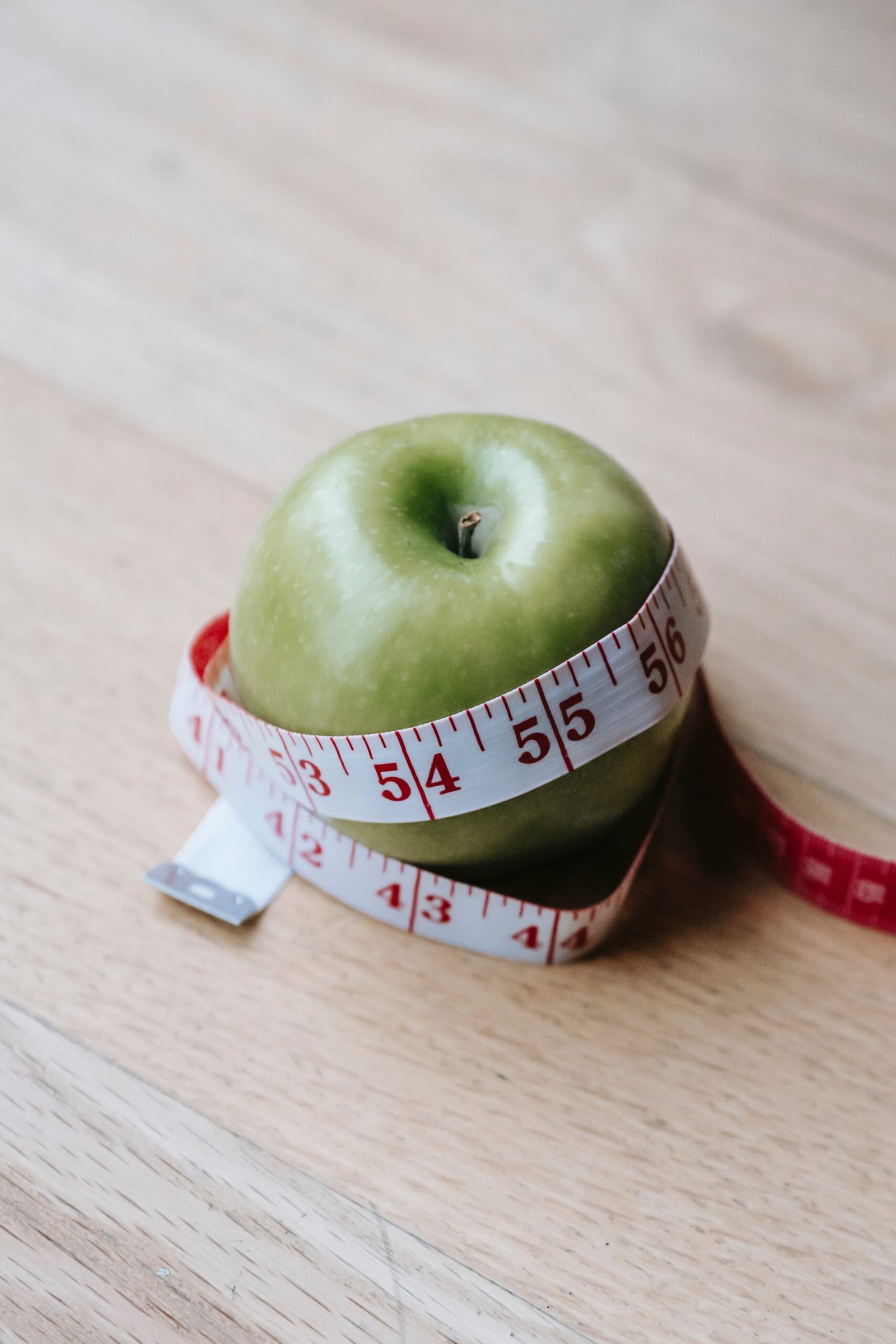
In recent years, there has been a growing interest in plant-based diets, not only for ethical and environmental reasons but also for their potential health benefits. Among these benefits, weight loss stands out as a compelling reason for many individuals to adopt a plant-based diet. This article explores the connection between a plant-based diet and weight loss, highlighting the science behind it and providing practical tips for those looking to shed pounds the plant-powered way.
Understanding Plant-Based Diets
A plant-based diet centers on whole, plant-derived foods while minimizing or eliminating animal products. It includes fruits, vegetables, legumes, whole grains, nuts, seeds, and plant-based proteins like tofu and tempeh. People on plant-based diets may vary in strictness; some follow vegan diets, excluding all animal products, while others permit occasional dairy, eggs, or fish.
Weight Loss and Plant-Based Diets: The Science
Several studies have demonstrated a positive correlation between plant-based diets and weight loss. Here are some reasons why plant-based diets can be effective for shedding excess pounds:
- Lower Caloric Density: Plant-based foods tend to be lower in calories compared to their animal-based counterparts. Fruits, vegetables, and legumes are high in fiber and water content, which increases satiety while providing fewer calories. This makes it easier to create a calorie deficit for weight loss.
- High Fiber Content: Plant-based diets are rich in dietary fiber, which not only helps in digestion but also keeps you feeling full for longer. Fiber reduces the likelihood of overeating and snacking on calorie-dense foods.
- Reduced Saturated Fat: Animal products are often high in saturated fats, which can contribute to weight gain and increase the risk of cardiovascular diseases. Plant-based diets naturally reduce the intake of saturated fats, promoting overall health.
- Balanced Nutrient Intake: A well-balanced plant-based diet provides essential nutrients, vitamins, and minerals while cutting out many processed and unhealthy foods. This supports overall health and helps prevent deficiencies that can hinder weight-loss efforts.
- Improved Insulin Sensitivity: Some studies have suggested that plant-based diets can enhance insulin sensitivity, which may aid in weight loss and reduce the risk of type 2 diabetes.
Practical Tips for Weight Loss on a Plant-Based Diet
- Plan Balanced Meals: Incorporate a variety of plant-based foods into your meals to ensure you get a wide range of nutrients. Focus on whole foods like vegetables, legumes, whole grains, and nuts.
- Watch Portion Sizes: While plant-based foods are generally lower in calories, portion control is still essential for weight loss. Be mindful of your serving sizes to avoid overeating.
- Choose Healthy Fats: Opt for sources of healthy fats like avocados, nuts, and seeds while minimizing the use of oils and highly processed plant-based foods.
- Stay Hydrated: Drink plenty of water throughout the day to help control hunger and support digestion.
- Regular Exercise: Combine your plant-based diet with regular physical activity to maximize weight loss and overall health benefits.
- Consult a Dietitian: If you’re new to plant-based eating or have specific weight loss goals, consider consulting a registered dietitian who can provide personalized guidance and meal planning.
To sum up, a plant-based diet helps with weight loss and overall health. It lowers disease risks by emphasizing nutrient-rich foods and reducing saturated fats and processed foods. To succeed, plan your diet well. Consult a healthcare professional or dietitian for personalized advice, as results differ.




